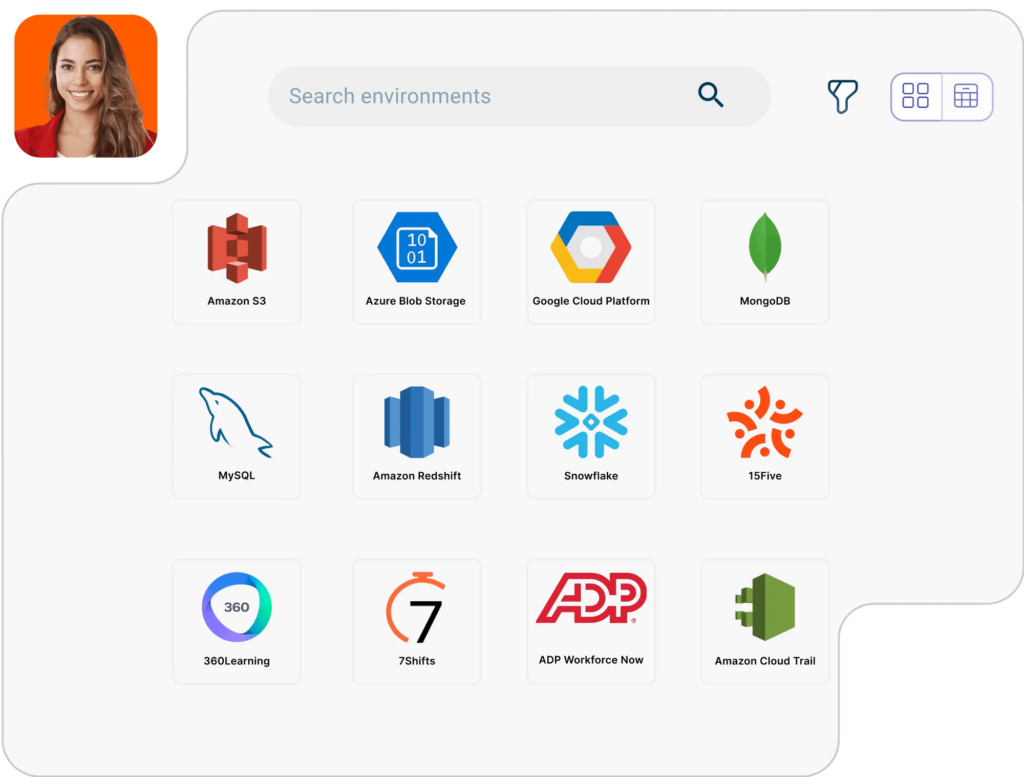Artificial intelligence is already actively used in marketing, but far from all companies have unlocked its full potential. Many continue to operate on old models, losing customers and yielding to competitors.
AI business integration helps brands analyze user behavior, personalize offers, and automate routine tasks. This makes marketing more precise and efficient.
Data Analysis and Customer Needs Forecasting
AI is radically changing the approach to data analysis. It is capable of processing vast amounts of information, identifying patterns, and making accurate predictions.
How does it work? AI can:
- analyze purchases, queries, and user behavior on websites;
- determine which products will be in demand;
- predict trends and help businesses adapt to changes.
For example, online stores use AI to predict seasonal demand and optimize inventory levels. This helps avoid shortages or overproduction.
Personalization: An Individual Approach to Each Client
Personalization is one of the main trends in marketing. Customers expect brands to offer exactly what they need. How AI helps with this:

- automated email newsletters with personalized offers;
- AI chatbots that offer personalized responses;
- recommendation systems in e-commerce, like those of Amazon and Netflix.
Companies that use AI for personalization increase conversion rates and customer loyalty.
Optimization of Advertising with AI
Targeted advertising is becoming increasingly precise thanks to AI. Algorithms analyze user data and select the most suitable ads. AI in advertising gives you:
- Automatic campaign setup for maximum efficiency.
- A/B testing of ads in real-time.
- Generation of advertising texts and creatives using neural networks.
F.e, AI helps reduce customer acquisition cost (CAC) through more precise targeting.
Automation of Content Marketing and Content Creation
AI can already write articles, generate images, and even edit videos today. This opens up new opportunities for marketers. Within the content framework, AI can also take on the following tasks:
- generation of product descriptions and social media posts;
- keyword selection and SEO optimization of texts;
- creating videos and advertising banners.
This allows marketers to focus on more strategically important tasks, while their work on content creation and advertising is carried out more efficiently and quickly thanks to the use of artificial intelligence. Such innovations help companies improve their marketing campaigns, reach a larger audience, and increase conversion rates. All this makes AI an integral part of modern marketing and provides the opportunity to significantly increase the effectiveness of advertising efforts.
Improving Customer Service with AI
Fast and high-quality customer service is the key to success. AI helps make this possible. Providing fast and high-quality customer service is essential for success.

AI makes this possible through chatbots that can answer questions 24/7, analyzing feedback to improve products, and predicting customer churn to offer personalized retention strategies. These advancements in customer service with AI not only enhance customer satisfaction but also contribute to overall business success.
Mistakes in Implementing AI in Marketing and How to Avoid Them
Not all companies successfully implement AI. Here are three key mistakes:
- Bad data – AI relies on the information it works with. If the data is incomplete or irrelevant, efficiency decreases.
- Excessive automation – AI can help, but it cannot replace humans in all processes. It is important to maintain balance.
- Ignoring privacy issues – users do not like intrusive personalization. It is necessary to consider ethical aspects.
Attention to detail and proper data preparation before implementing AI in marketing can avoid these mistakes. Companies must ensure that the data on which artificial intelligence will operate is relevant and aligns with business objectives. It is also important not to forget the significance of the human element in marketing processes and to find a balance between automation and employee engagement. Finally, considering privacy issues and ethical aspects will help create more trusting relationships with clients and successfully implement AI in marketing strategies.
How to Start Implementing AI in Marketing?
AI tools are becoming more accessible even for small businesses. Already today, you can start with simple solutions:
- use AI for content and advertising personalization;
- automate marketing processes using chatbots and neural networks;
- test AI tools for analytics and trend forecasting.
Companies that start applying AI now will gain a competitive advantage in the coming years. Platforms like RapidCanvas help businesses integrate AI solutions more quickly without complex technical implementation, allowing for the automation of marketing, analytics, and personalization.

